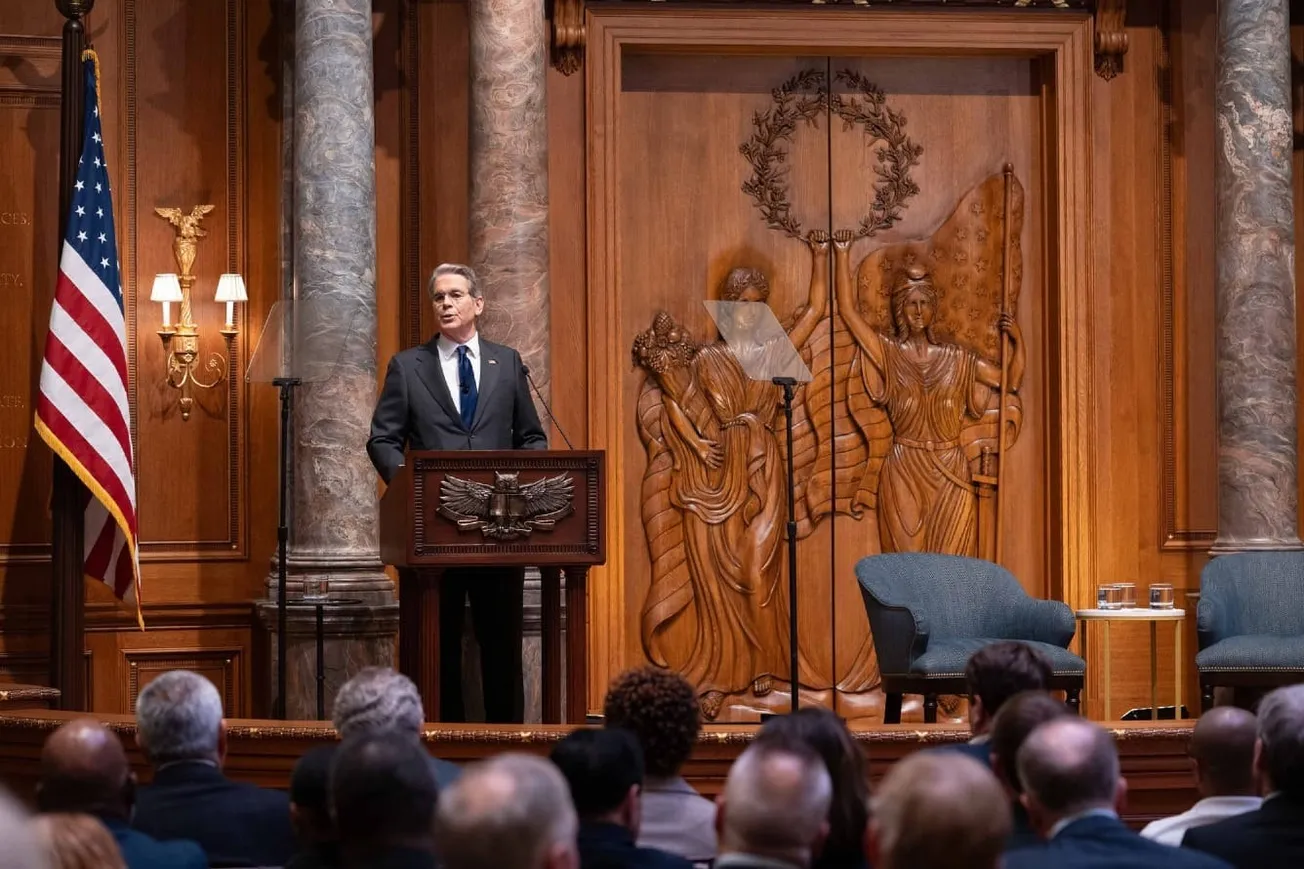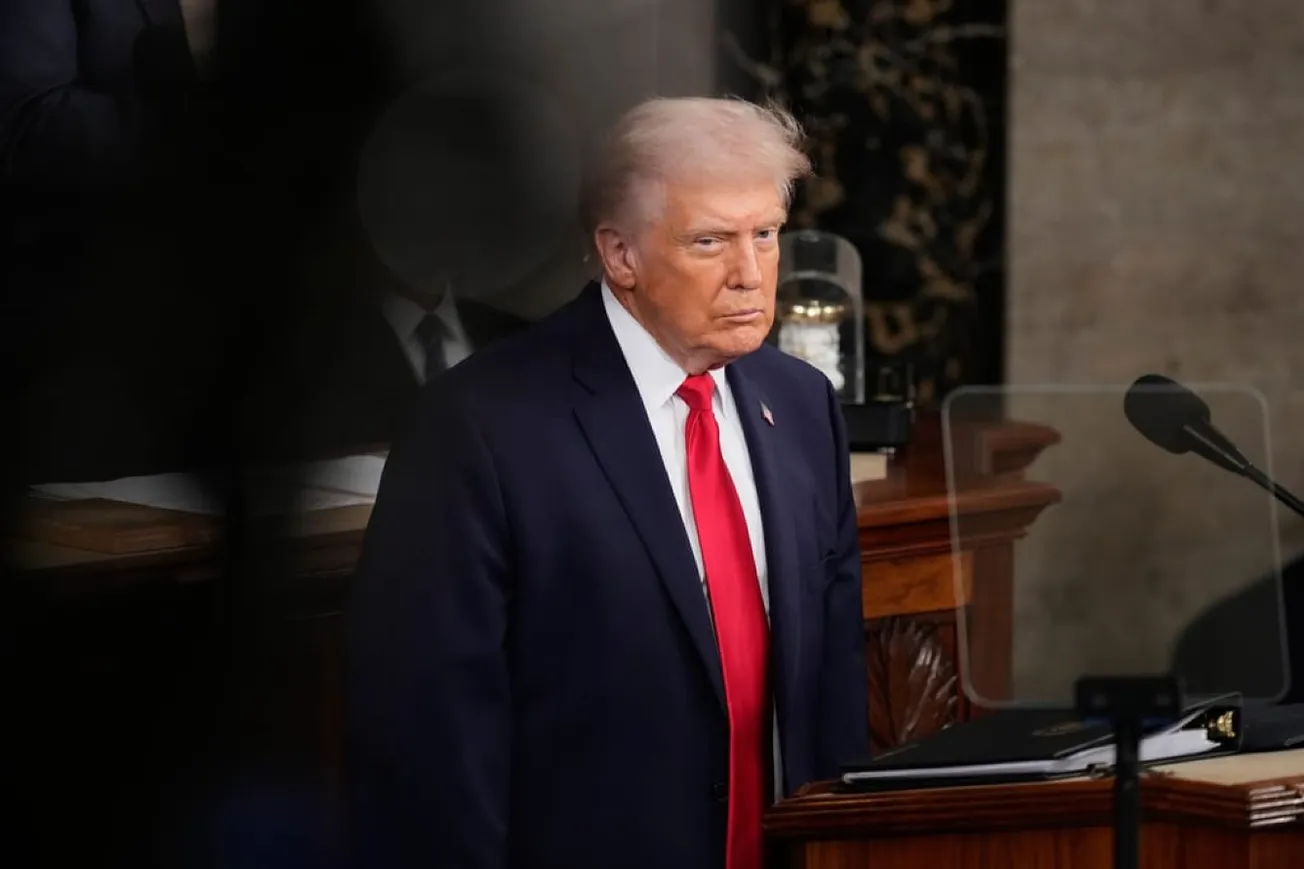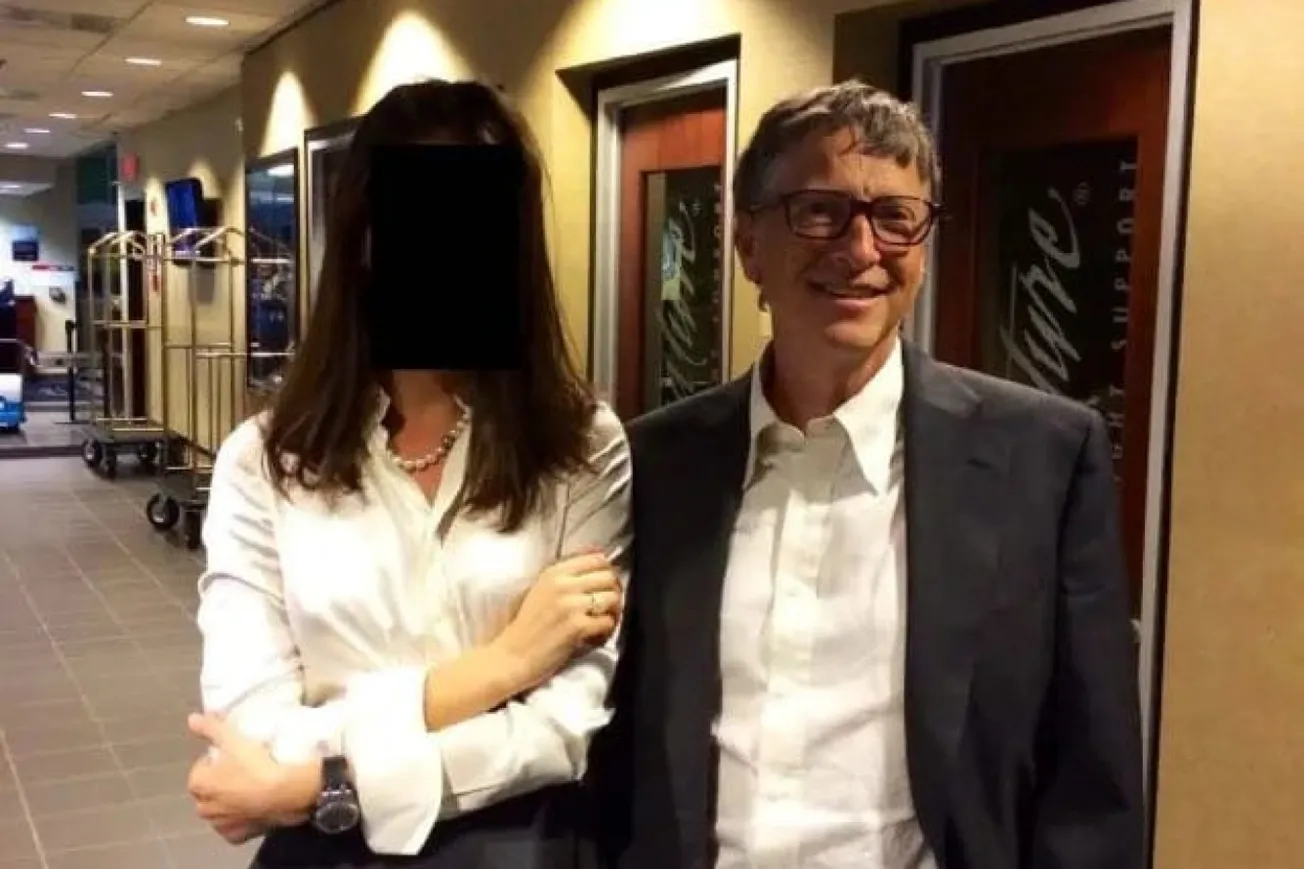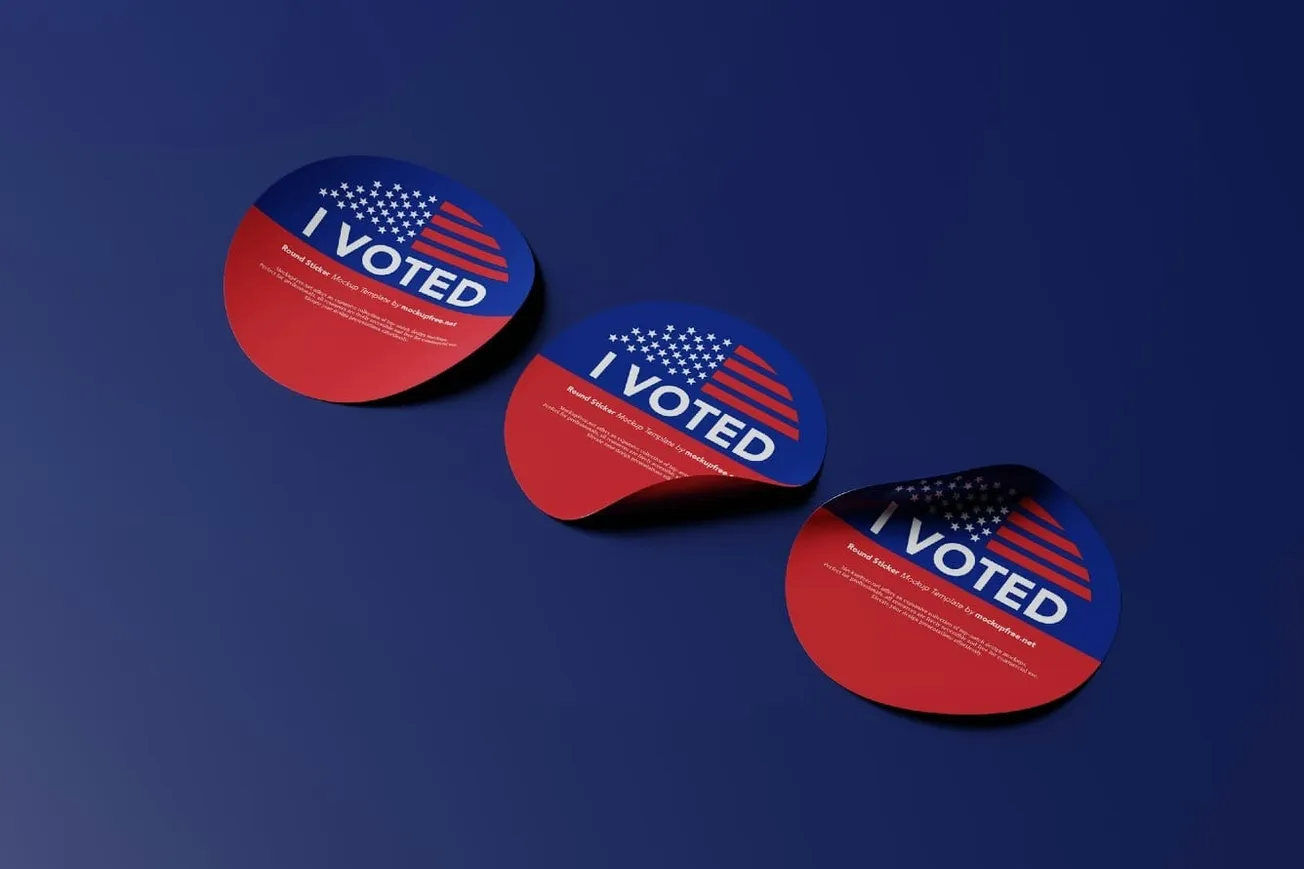By George Ford Smith, Mises Wire | January 23, 2025
“If things are to change, one must realize the extent to which the foundation of tyranny lies in the vast networks of corrupted people with an interest in maintaining tyranny.”—Etienne de La Boetie
“Your money or your life” has been government’s calling card for as long as government of the involuntary kind has existed. Of the choice between the two—money or government—there apparently is none. If we had no money, we would be without a medium of exchange, the division of labor would collapse, and civilization along with it.
As for government, as it exists, its alleged necessity is drilled into our heads soon after we meet a public school teacher for the first time. In my case, as a kid in the late 1940s, our government was the soldiers who fought bad people in other countries. It was called war, and government taxed our parents to pay for it. In classrooms, teachers made us sing praises to the soldiers who defended us and to the government they represented. The message was clear: it was only government that stood between us and evil people. Clearly, government was necessary.
I and most other people from my generation didn’t read War is a Racket or Perpetual War for Perpetual Peace until much later in life, after the World Wide Web made it accessible. Nor was Murray Rothbard’s Anatomy of the State around to clarify the meaning of government as we know it. If war and theft are characteristic of the political class, why do we put up with it? Thomas Jefferson’s words in the Declaration of Independence should serve to guide us:
Prudence, indeed, will dictate that Governments long established should not be changed for light and transient causes; and accordingly all experience hath shewn, that mankind are more disposed to suffer, while evils are sufferable, than to right themselves by abolishing the forms to which they are accustomed.
Accordingly, people suffer taxation and other abuses as long as they don’t get out of hand. When they do, heads tend to roll.
Over the ages, government leaders caught on and have developed more sophisticated means to steal our property. One way was withholding, a wartime emergency measure in WWII that haunts us to this day. The idea is if you’re never allowed to hold in your hands the money you’ve earned, you might not miss it. Among others, free-market champion Milton Friedman had a hand in designing federal withholding that took effect in June 1943.
The other form of theft is more subtle: Corruption of the money we use. It is so opaque John Maynard Keynes famously said “not one man in a million” could figure it out. Even fewer bother to try, especially in times of war.
When Keynes made this observation the internet was still far in the future. Thanks to Moore’s Law—the “the unsung hero behind why our gadgets keep getting faster and better without breaking our banks”— economies around the world are much further ahead than they would otherwise be. It’s a case of a central bank’s worst nightmare—deflation—counteracting inflationary banks. In 2015, IHS, a business information provider that merged in 2022 with S&P Global, issued a 50th anniversary report on Moore’s Law:
Technological innovation enabled directly and indirectly by Moore’s Law continues to drive gains in productivity. As productivity improves, costs decrease and new opportunities emerge that spur economic growth. The report estimates that the impact of Moore’s Law could be as high as $11 trillion in incremental GDP over the past 20 years. (emphasis mine)
In economics—thanks to Gordon Moore’s “offhand observation” about semiconductors getting cheaper and more powerful with each generation—we are not limited to textbook king Paul Samuelson or retired Keynesian columnist Paul Krugman. As an antidote, we have the bountiful offerings of Mises Institute, one of countless institutions benefiting from Moore’s Law.
It’s important to remember that Moore’s Law is the fifth paradigm to bring exponential growth in the price-performance of computing. Talk of the law ending is misleading. It will end and likely be transcended by something better, as happened with the previous paradigms.
The Fed—The Bankers’ Solution
A central bank like the Fed was once believed to be necessary for an economically advanced nation, because only such an institution could ensure the economy would never run out of money. Taking lessons from John Law and other inflationists about the downsides of fractional reserve banking, which led to bank runs and interbank settlement problems, the Fed cartel’s mission was to furnish an “elastic” currency, one that could be increased at will while protecting member banks from penalties imposed by the market. A centralized, banker-controlled counterfeiting cartel, in other words, was promoted as the benefactor of the economy.
Working with the government, the Fed created a forgotten depression in 1921 (a result of funding World War I), then later increased the money supply during the 1920s to provoke another crisis in 1929, which led to the Great Depression. Staying on the gold standard was incompatible with monetary elasticity (inflation), so FDR issued a decree in 1933 outlawing the “hoarding” (that is, private ownership and saving) of gold. Money substitutes (paper) became money itself for Americans and was ultimately morphed into totally fiat paper.
Monetary policy thus became inflation policy, a regressive policy because of the Cantillon Effect where first users of the new money benefit just as any counterfeiter would, while users at the end of the line suffer higher prices and lower purchasing power because of the increased money supply. FDR’s forgotten man was getting shafted. Today, most Americans are still forgotten and still getting the shaft.
Money and the State
At the Electronic Cash Conference in Prague on August 27, 2022, economist Thorsten Polleit delivered a speech titled “Everything You Wanted to Know about Money but Were Afraid to Ask.” Here available as an article, it’s a bold undertaking that goes a long way toward success.
After defining money as the “universally accepted means of exchange” and discussing other related matters, he brings up the subject of intermediation:
We have pretty good reason to believe that not all money users will want to or can rely on peer-to-peer transactions.
In a modern, highly developed economy, people demand settlement, storage, and safeguarding services for their money, provided by intermediaries, such as deposit banks or payment processors.
This also applies to the crypto space—just think of the large number of people holding their cryptos with trading platforms rather than in their personal wallets.
Developed credit markets cannot function without specialized intermediaries who channel money from savers to investors.
If a money did not allow for intermediation it would “likely be overtaken by alternative money that allows for intermediation services.” Would this money be “anonymous and trustless,” as Bitcoin promotes? It’s hard to see how it could be. And yet, Polleit says, “without complete anonymity, the government will be breathing down people’s necks in all money matters—be it Bitcoin money, gold and silver money, or any other form of money.”
The problem, then, is either sound money or government as it exists; it’s either-or, not both. Central bank counterfeiting, because it benefits the violent state, will not have a happy ending for anyone.
Conclusion
The solution, in my view, is to apply free market principles to governance. We rely on the free market for everyday transactions such as shopping for groceries, building a skyscraper, or even protecting our property. Is there anything in the nature of governance that precludes a free market approach? If not, then why do we have the traditional monopoly of violence overseeing everything we do voluntarily?
George Ford Smith is a former mainframe and PC programmer and technology instructor, the author of eight books including a novel about a renegade Fed chairman.
Original article link









